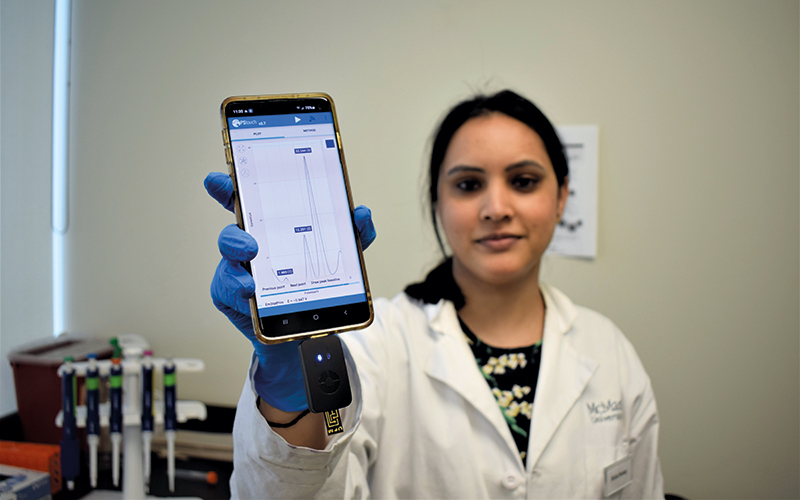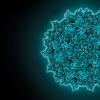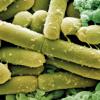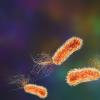Engineers, biochemists and medical researchers have combined their skills to create a rapid test for bacterial infections.

They say the handheld device can produce accurate, reliable results in less than an hour.
Their proof-of-concept research has been published in the journal Nature Chemistry and specifically describes the test’s effectiveness in diagnosing urinary tract infections from real clinical samples.
The researchers are adapting the test to detect other forms of bacteria and for the rapid diagnosis of viruses, including SARS-CoV-2. They also plan to test its viability for detecting markers of cancer.
Leyla Soleymani, one of the authors of the paper, said: “It’s going to mean that patients can get better treatment, faster results and avoid serious complications. It can also avoid the unnecessary use of antibiotics, which is something that can buy us time in the battle against antimicrobial resistance.”
The new DNA-based technology uses a device similar to a blood-glucose monitor. A microchip analyses a droplet of bodily fluid using molecules that can detect the specific protein signature of an infection. The device, about the size of a USB stick, plugs into a smartphone, which displays the results.
Image Credit | JD Howell McMaster University




